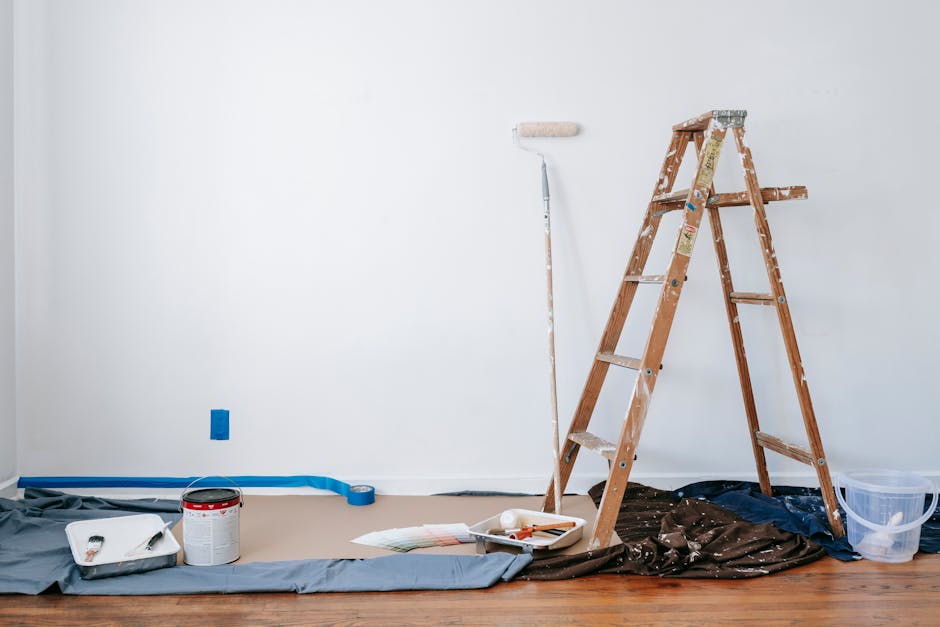Importance of Insurance Restoration for Fairfax Homeowners
Insurance restoration is crucial for Fairfax homeowners in times of unexpected damage to their property. It provides financial protection and peace of mind by covering the cost of repairs or replacements due to covered perils like fire, water damage, or natural disasters. Here are key points to understand:
-
Insurance restoration ensures that homeowners can recover quickly from unforeseen events without bearing the entire financial burden.
-
By having the right insurance coverage, Fairfax homeowners can preserve the value of their property and assets.
-
It is essential to regularly review and update your insurance policy to ensure you are adequately protected and prepared for any potential risks.
Understanding Insurance Coverage for Home Restoration
Insurance coverage for home restoration can vary depending on your policy. In most cases, standard homeowners’ insurance policies cover damage caused by fire, storms, or vandalism. However, it’s important to review your policy to understand the specific coverage it provides for home restoration. Remember, the coverage amount and limitations can differ based on your insurance provider and policy details. Be sure to consult with your insurance agent to clarify any uncertainties you may have regarding your coverage for home restoration.
Common Types of Damages Covered by Insurance
Insurance restoration typically covers common damages like water damage from burst pipes, wind damage from storms, fire damage from accidents or blazes, roof damage from hail or fallen trees, and structural damage from accidents or natural disasters. Remember, it’s essential to thoroughly review your insurance policy to know exactly what damages are covered in your specific situation.
Finding the Right Insurance Restoration Contractor in Fairfax
Research is key when exploring insurance restoration contractors in Fairfax. Look for contractors with experience in handling insurance claims and a solid reputation in the community. Get recommendations from neighbors or friends who have gone through a similar process. Ensure the contractor is licensed and insured to protect yourself from liability. Ask for a detailed estimate and timeline for the project to avoid any surprises. Communication is crucial; choose a contractor who keeps you informed every step of the way.
Steps to Take After Property Damage Occurs
Contact your insurance company immediately upon discovering any property damage. Take photos of the damage for your records. Make temporary repairs to prevent further damage, but do not start permanent repairs until the insurance adjuster assesses the damage. Keep all receipts for expenses related to temporary repairs.
Working with Insurance Companies: Dos and Don’ts
When dealing with insurance companies for home restoration, ensure you DO:
-
Keep thorough records of all communication and documentation.
-
Review your insurance policy carefully to understand your coverage.
-
Document all damages thoroughly with photos and written descriptions.
And DON’T:
-
Delay reporting the claim to your insurance company.
-
Accept the first settlement offer without evaluating it properly.
-
Sign any documents from the insurance company without fully understanding them.
The Insurance Restoration Process Explained
When your home faces damage from unexpected events like fire, water, or storms, insurance restoration comes into play to help you rebuild and recover. Here’s a brief breakdown of the insurance restoration process to give you a heads up on what to expect:
-
Assessment: Your insurance company assesses the damage to determine what is covered and what repairs are needed.
-
Estimation: A qualified contractor provides an estimate of the repair costs for the insurance company to review.
-
Approval: Once the estimate is approved, the restoration work can begin, usually within the guidelines set by your insurance policy.
-
Repairs: The restoration team will work to repair and rebuild your home, bringing it back to its pre-damaged condition.
-
Inspection: Upon completion, an inspection ensures that the repairs meet the required standards and that you are satisfied with the results.
Understanding this process can help you navigate smoothly through the insurance restoration journey.
Benefits of Hiring Professionals for Restoration Work
Professionals bring expertise and experience to the restoration process, ensuring efficient and high-quality work. Hiring experts can save you time and effort, as they handle all aspects of the restoration seamlessly. They also have the right tools and knowledge to ensure that the restoration work is done correctly from start to finish, giving you peace of mind.
Timeline and Expected Results of Insurance Restoration
When it comes to insurance restoration for your home in Fairfax, the timeline and expected results can vary. Here’s what you need to know:
-
The timeline for insurance restoration depends on the extent of the damage to your home. Simple repairs may be completed quickly, while more extensive damage could take longer to fix.
-
Communicate with your insurance company promptly to ensure a smooth process. They will guide you through the necessary steps and paperwork.
-
Expect an adjuster from your insurance company to assess the damage before any work begins. This visit helps determine what repairs are covered.
-
Once the scope of work is approved, contractors will begin the restoration process. The timeline for completion will depend on the complexity of the project.
-
Keep in mind that unexpected issues may arise during the restoration process, which could affect the timeline. Stay in touch with your insurance company and contractors for updates.
Maintaining Your Home’s Value After Restoration
To keep your home’s value high after restoration, regular maintenance is key. Make sure to address any issues promptly before they become big problems. Here are some tips to help you maintain your home’s value:
-
Inspect and repair any damages: Regularly check your home for any signs of damage and address them promptly.
-
Keep up with routine maintenance: Regularly maintain your home systems such as HVAC, plumbing, and electrical to prevent major issues.
-
Update your home: Consider renovations or updates to keep your home modern and appealing to potential buyers.
-
Landscaping: Keep your yard well-maintained to boost curb appeal and overall property value.
By following these tips, you can ensure that your home maintains its value long after the restoration process.

